
 |
|
|
Vegetables
Volume 64 Number 15 Date 08/08/2019 LATE BLIGHT - Two new cases of late blight were confirmed by the UW and DATCP this week, one on garden tomatoes in La Crosse County and the second on potato in Portage County. Protective fungicide treatments should be maintained to prevent this disease from developing in susceptible crops. Home gardeners are advised to continue inspecting tomato and potato plants for leaf lesions and fruit spots. Growers who suspect late blight are encouraged to send symptomatic plant material to the UW Plant Disease Diagnostic Clinic: https://pddc.wisc.edu/sample-collection-and-submission/. Late blight testing is free of charge. CABBAGE LOOPER - Surveys indicate that populations of this cole crop pest are currently very high, and growers should be aware that the second larval generation that will appear this month is usually even more damaging than the first generation. Severe infestations affecting 70-90% of cabbage and cauliflower heads have been observed in gardens and on CSA farms in the past two weeks. The predominant development stages noted were full-grown larvae and adult moths. From early heading until harvest, control is justified when 10% of plants are infested to maintain marketability. JAPANESE BEETLE - Beetles are abundant this year in gardens and on farms, and are likely to remain so into September. Physical removal is the recommended control option for small gardens. The best times to hand-pick beetles are in the evening and the early morning, when the insects are less active. Use of pheromone traps should be avoided since they attract additional beetles from afar. COLORADO POTATO BEETLE - Late summer control of this pest may be warranted if defoliation exceeds 30% during tuber formation. Treatments should be applied when most of the population reaches the intermediate third instar stage, presuming this does not conflict with label recommendations or resistance management. Proper timing permits most eggs to hatch, but kills the larvae before they reach the destructive fourth instar. Potato growers are reminded to avoid the consecutive use of the same insecticide product or use of different products with similar modes of action. -- Krista Hamilton, DATCP Entomologist 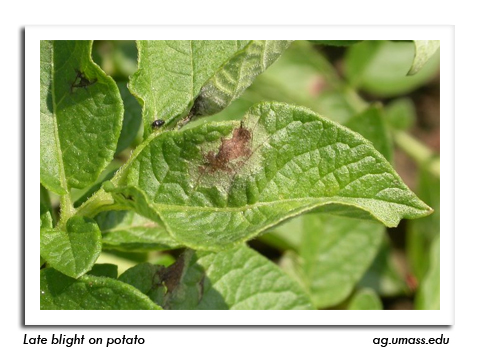
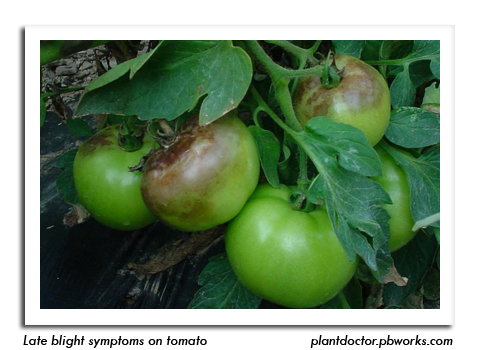
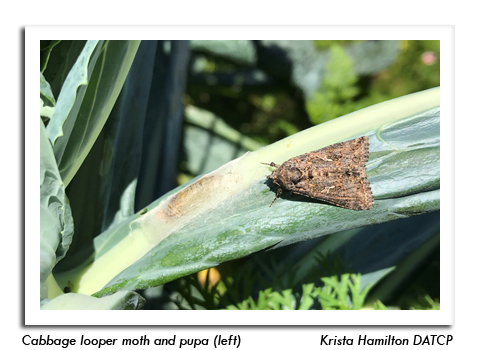
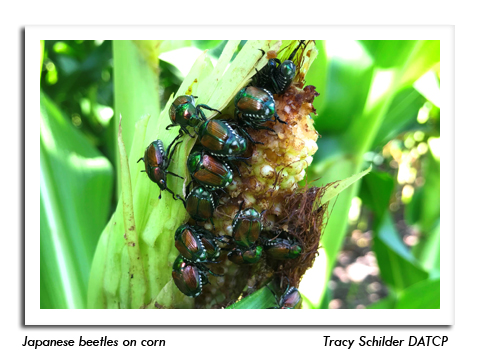
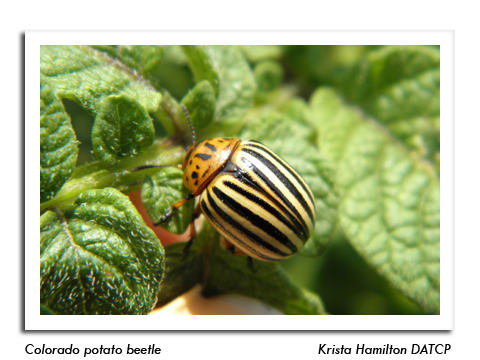
|
|
|